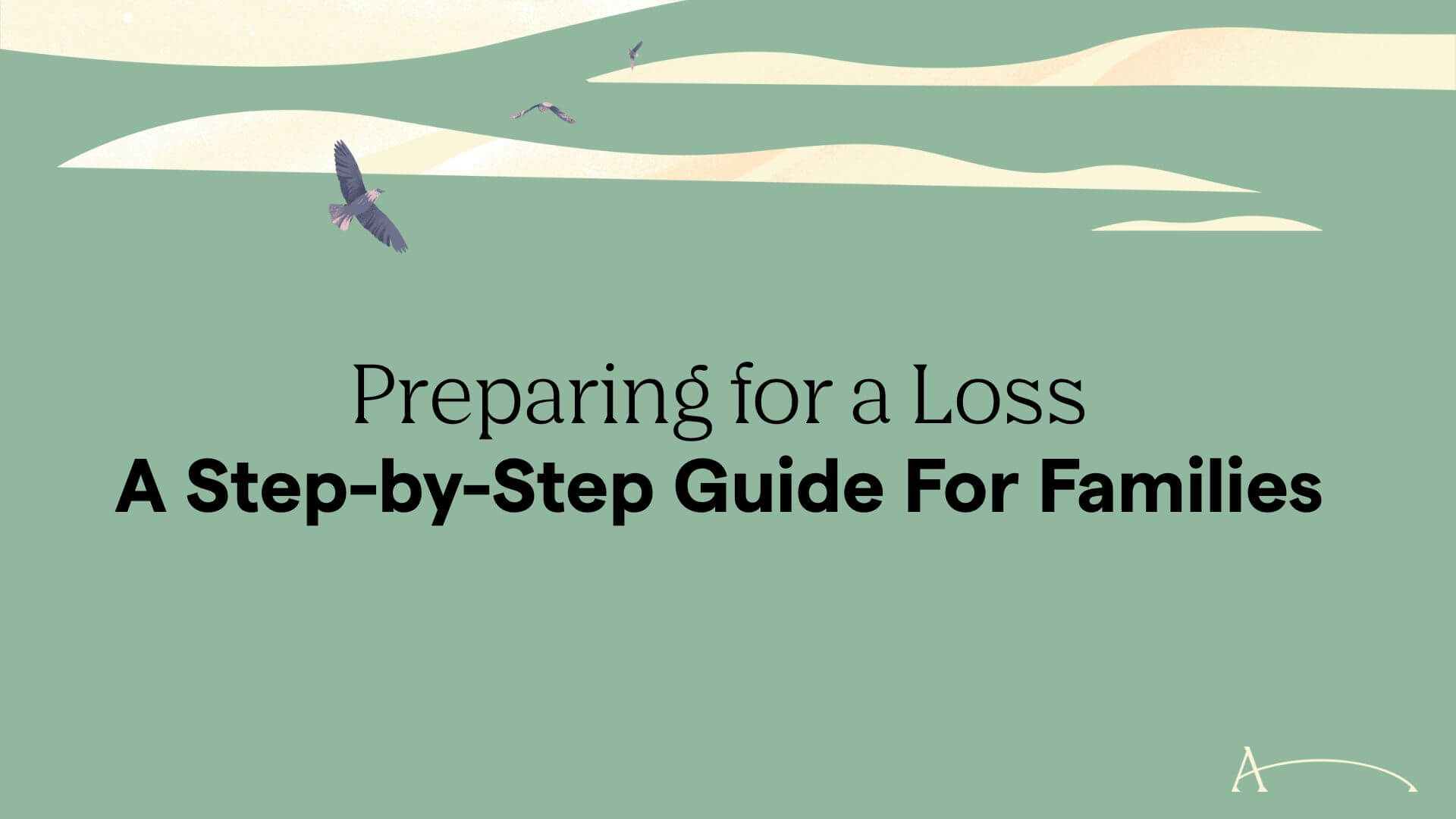
It pays to plan ahead
Preplan your own funeral arrangement online in minutes
Arrange Immediate
Cremation Services
Cremation Services
Speak to our dedicated care specialists now
Planning for our end of time on this earth is not comfortable for anyone, but it is one of the few experiences everyone eventually shares. When you are no longer able to be with your family, there will be a lot of things to do and decisions for them to make at a time when grieving should be the top priority. Death is never something we can prepare for, but there are certain steps you can take now, like pre-planning cremation and creating a will, that will make the process easier for your family when the time comes.
1. Gather Important Documents and Passwords
As we go through life, we collect several important documents like deeds, titles, stocks, bonds, marriage certificates, warranties, and more. Collect all of these documents, put them in one easy-to-find place, and tell someone trusted where they are. In the 21st century, many of these documents are available online so keep a list of usernames and passwords so your loved ones can access your accounts.
2. Prepare a List of Your Assets
Like your essential documents, you have likely collected numerous assets that you want to pass on to your family throughout your life. These assets are often spread over numerous categories and locations, making it easier to create a list of them versus actually compiling them in one place. Ensure that you give your loved ones the tools to access the assets like passwords and keys. The following are some of the most common assets that people have:
- Bank accounts
- Stocks and Bonds
- Cash
- Retirement accounts and pensions
- Gold and other precious metals
- Antiques, collectibles, and art
- Jewelry and high-value clothing
- Life insurance policies
- Furniture
3. Make a Will
A will is one of the most essential items that someone at end-of-life should have because it is a direct and precise list of your final arrangements. A will is not just a way to divvy up your assets; it is also a legal document stating the custody of any minor children and your last wishes. In addition, wills are not costly and can be done online from the privacy of your home.
Another option is to create a trust which is slightly different than a will. A will goes through probate, and everything in it is made public. A trust keeps financial matters private and allows for more control over the distribution of your assets. A trust still allows you to plan your final arrangements and last wishes, but it does not state custody arrangements, so if you have minor children, it is in your interest to create both. One more way a trust differs from a will is that it goes into effect as soon as it is created. If you are ever unexpectedly incapacitated, your trustee can manage your assets without dealing with a lengthy legal process.
4. Pre-Planning Cremation
Pre-planning cremation is the number one step you can take to help your family after your death. Having the details worked out and paid for relieves the financial burden and the difficult decisions families often have to make at a time when they should focus on grieving.
After.com is a leader in the industry, offering a digital-first platform for prepaid cremation. Clients have multiple payment options, including a lump sum or several monthly payment options to fit budgets and circumstances. Unlike other cremation services that put your money into a trust, After.com offers insurance policies backed by an insurance company to ensure your cremation plans are taken care of when the time comes.
5. Announce an Executor and Power of Attorney
The last thing you want for your family is confusion, or even worse, fighting over who is in charge of carrying out your will or making decisions for you when you can't. Instead, choose a trusted family member to be the executor of your will and give them power of attorney to make medical decisions if you are not able. Then, sit down with your family and announce the executor, so there is no question about who is in charge on your behalf.
6. Determine End-of-Life Plans
Though it may be difficult to think about, it is vital for your family that you have an end-of-life plan. This includes things like the most peaceful place for your last days, whether that be in a hospice house or your own home. It can also cover other aspects of your journey, like allowing you to choose when the time is right with a Do Not Resuscitate order. Research care options around you to know what kind of end-of-life care is available in your area. You may be surprised to find out how many options exist to allow you to have a peaceful and dignified passing on your terms.
6. Determine End-of-Life Plans
This is a hard time for everyone involved, but it is necessary to have realistic expectations about the future. Prepare your family for after your death by giving them a realistic idea of the timeline. Bring family members with you to your doctor's appointments so your doctor can communicate realistic expectations and help them come to terms with what the future holds. This is a good time to talk about any physical changes you may undergo and how your activity levels may change over the coming months and years.
The After Care Team
Published Date:
May 16, 2022












%20(1).png)


%20(1).png)
%20(1).png)
.jpg)

.png)

